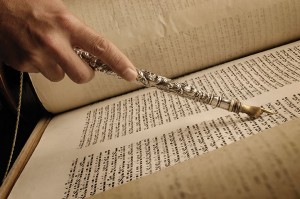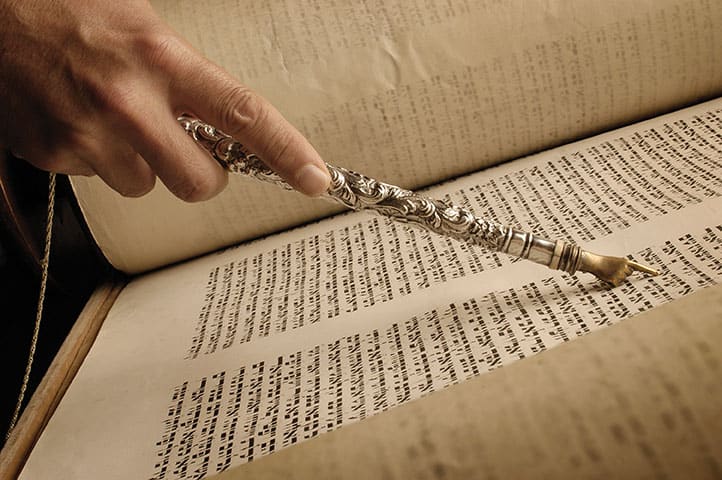 Hanukkah’s origins in the drama of a small, yet determined people, with a large vision standing up to the might of the Hellenistic empire of antiquity, is a poignant demonstration and a timeless reminder of Israel’s unique and timely legacy.
Hanukkah’s origins in the drama of a small, yet determined people, with a large vision standing up to the might of the Hellenistic empire of antiquity, is a poignant demonstration and a timeless reminder of Israel’s unique and timely legacy.
The heroic Maccabees’ successful revolt of the few against the many in 167 B.C.E. following the dictates of the Syrian Greek King Antiochus iV, that sought to deprive the Jews of practicing their own faith, was truly a stance of a proud conscience. Our refusal to submit to a superior physical power when our spiritual inheritance was at stake is a clear indication of how deep a bond we held with both our religious convictions and sovereign independence, ready to sacrifice the sacred gift of life for the sake of an ancestral covenant with the compelling God of Freedom and Responsibility.
The word Hanukkah and its festival meaning represent the spirit of dedication to irreplaceable ideals and ideas through the cleansing of Jerusalem’s temple of old from pagan defilement. The Talmud’s insisting focus on the miracle of the cruse of oil lasting eight days reflects the rabbis’ aversion to the bloodshed and the Hasmoneans’ intra-political strife, associated with the war and beyond. Consequently, the Books of the Maccabees were not included in our own biblical canon, but were fortunately preserved through the Catholic one.
In truth, the conflict was not only against the enemy from without, but in response to the experienced assimilation from within. The encounter with the dominant, flourishing, and tempting Greek culture led, however, to a fruitful philosophical engagement influencing Rabbinic thought and logic.
The flickering lights of Hanukkah have come to symbolize the miracle of Jewish survival in spite of great odds, while endowing the human family with an enduring hope for a world trans- formed and redeemed. Let us continue to pray and labor that the ancient promise of prophetic shalom from the distant hills of Judea, the first such inspiring and pioneering message of universal embrace, will yet be realized for all of God’s children including the offspring of Isaac and Ishmael whose familial bond cannot be denied.
How frustrating and telling that there are Palestinian and other Arab leaders attempting to re-write history with the shameful aid of UNESCO (The United Nations Educational, Scientific and Cultural Organization) by removing the incontrovertible Jewish connection, as well as the Christian one with the Temple Mount, the Western Wall, and thus from the Land of Israel, seeking to extinguish Hanukkah’s authenticity.
Hanukkah’s celebration of religious freedom of choice is vigorously tested and contested and the controversy over Jewish worship at the Western Wall and its southern end (Robinson’s Arch). The Women of the Wall’s long struggle for equal acceptance, as well as the painful disappointment of the Reform and Conservative streams over the unfulfilled agreement by the Israeli government for egalitarian worship in the southern section, are a cause for concern in the context of Jewish pluralism in Israel along with Israel-diaspora relations.
As the United States, the State of Israel, and the entire free world fight the blight of terrorism with contemporary Iran’s Hamans begrudging the Maccabeean victory leading the way, much can be learned from the old and new Maccabees’ saga and spirit. in the still restive region where Hanukkah’s drama took place, so ironically and tragically, Syria’s dictator Assad with Iranian and Russian participation sheds his people’s blood including so many children in the barbaric bombing of Aleppo. The Islamic State (ISIS) continues its assault on civilization. The terrorists negate the life-enlightening, pluralistic, and inclusive principles of Hanukkah’s bright Menorah daring to challenge the darkness of oppression in all its destructive forms. All humans have now become vulnerable Jews, yet empowered with our people’s indomitable faith and noble example to face a formidable foe—physically, spiritually, and psychologically—and prevail.
Rabbi Dr. Israel Zoberman is founder and spiritual leader of Temple Lev Tikvah in Virginia Beach.

